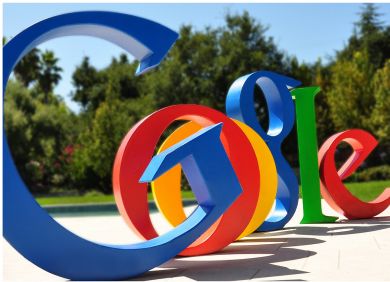Google Set To Pull Plug On Wave

Google Wave is still going in read-only mode, but the collaboration tool will finally be shut down in April
Google is finally about to pull the plug on its ill-fated Google Wave platform on 30 April.
The real-time collaboration tool, designed to merge email, wikis and other forms of communication into a single “wave,” never enjoyed the consumer traction of other Google products such as Gmail.
The search-engine giant subsequently released a considerable portion of the source code as open-source software.
Read-Only Mode
“Google Wave is now in read-only mode,” read part of a Google email sent to former Wave users. “You will be able to continue exporting individual waves using the existing PDF export feature until the Google Wave service is turned off.”
 Current open-source projects based on Wave include Apache Wave. Users can also rely on Walkaround to import Waves from wave.google.com, in theory allowing work with the program past that 30 April shutdown date. Walkaround supports features such as in-line replies, wave gadgets, attachments and full-text search, but does not support Wave extensions or folder management.
Current open-source projects based on Wave include Apache Wave. Users can also rely on Walkaround to import Waves from wave.google.com, in theory allowing work with the program past that 30 April shutdown date. Walkaround supports features such as in-line replies, wave gadgets, attachments and full-text search, but does not support Wave extensions or folder management.
Google once had high hopes for Wave. In early 2010, executives announced plans to integrate Wave features into other Google products, although it remained unclear how exactly such an initiative would take shape. By then, Google had confirmed to eWEEK that some 1 million people were actively using the service.
However, there were also some complaints – including one from blogger Anil Dash – that Google Wave’s complexity made it unpalatable to third-party programmers looking to write collaboration applications. By August 2010, it also seemed as if customers weren’t gravitating toward the platform in numbers sufficient for Google, which decided to stop building Wave as a standalone product.
No Traction
“What happened was we liked the UI and we liked a lot of the new features in it, but it didn’t get enough traction,” Google’s then-CEO Eric Schmidt told media during the Techonomy conference that month. “So we’re taking those technologies and applying them to new technologies that are not announced. So, basically, we’ll get the benefits of Google Wave but not as a separate product.”
Now, the last vestiges of Wave, at least as a Google product, seem primed to implode, as well.
Do you know Google’s secrets? To find out, take our quiz.